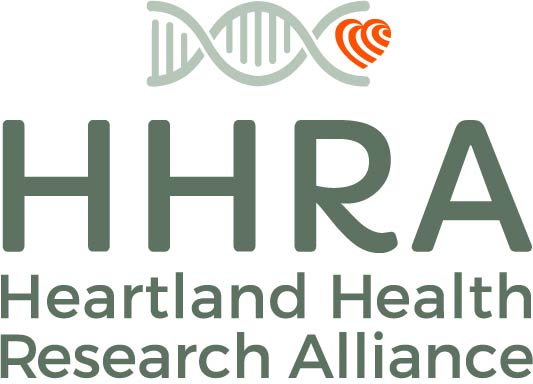Agency for Toxic Substances and Disease Registry, “Toxicological Profile for Glyphosate: Draft for Public Comment,” United States Department of Health and Human Services, 2019.
SUMMARY:
This toxicological profile is prepared in accordance with guidelines developed by the Agency for Toxic Substances and Disease Registry (ATSDR) and the Environmental Protection Agency (EPA). The original guidelines were published in the Federal Register on April 17, 1987. Each profile will be revised and republished as necessary.
The ATSDR toxicological profile succinctly characterizes the toxicologic and adverse health effects information for these toxic substances described therein. Each peer-reviewed profile identifies and reviews the key literature that describes a substance’s toxicologic properties. Other pertinent literature is also presented, but is described in less detail than the key studies. The profile is not intended to be an exhaustive document; however, more comprehensive sources of specialty information are referenced.
The focus of the profiles is on health and toxicologic information; therefore, each toxicological profile begins with a relevance to public health discussion which would allow a public health professional to make a real-time determination of whether the presence of a particular substance in the environment poses a potential threat to human health. The adequacy of information to determine a substance’s health effects is described in a health effects summary. Data needs that are of significance to the protection of public health are identified by ATSDR and EPA.
Each profile includes the following:
(A) The examination, summary, and interpretation of available toxicologic information and epidemiologic evaluations on a toxic substance to ascertain the levels of significant human exposure for the substance and the associated acute, intermediate, and chronic health effects;
(B) A determination of whether adequate information on the health effects of each substance is available or in the process of development to determine the levels of exposure that present a significant risk to human health due to acute, intermediate, and chronic duration exposures; and
(C) Where appropriate, identification of toxicologic testing needed to identify the types or levels of exposure that may present significant risk of adverse health effects in humans.
